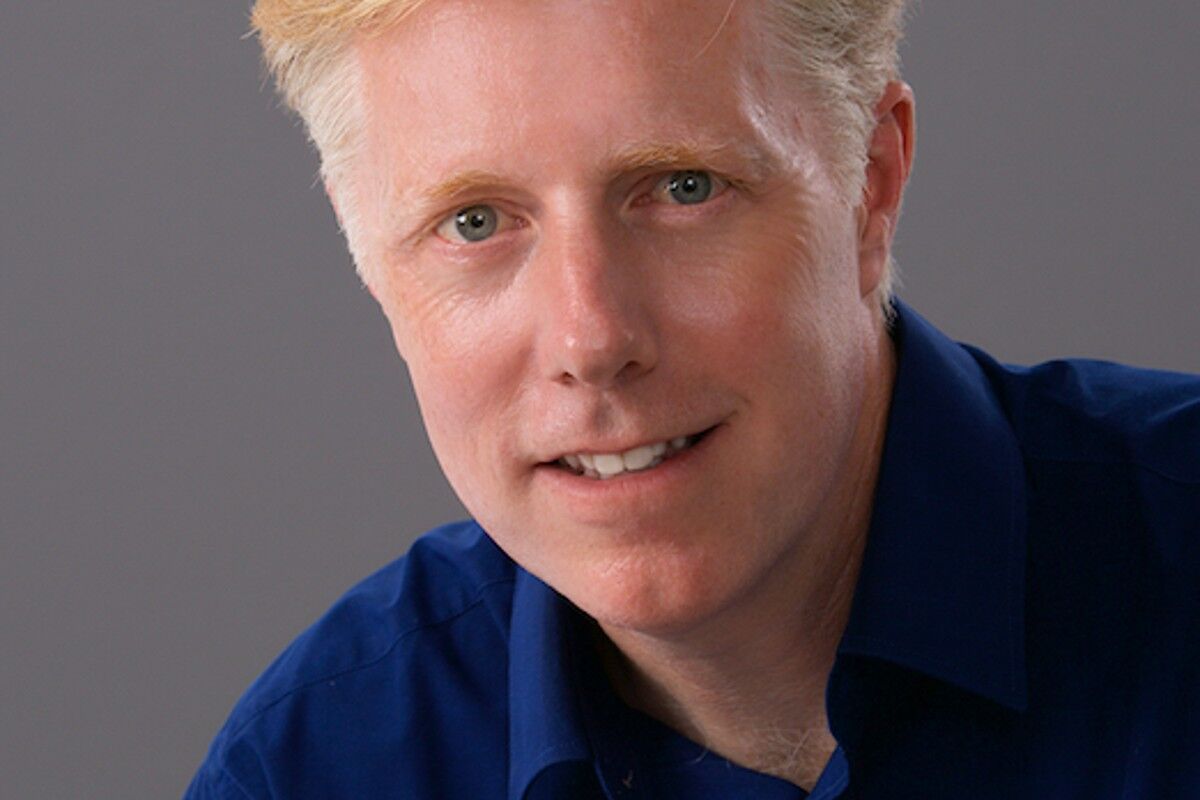
This site is intended for health professionals only

We are embarking on a period of significant change for general practice. The existing five-year GP contract is coming to an end. And the Fuller Report, the latest NHS England Delivery Plan for Recovering Access to Primary Care, and the newly announced Labour Party health policy all point to bigger changes on the horizon.
So, what do we know about what is coming? And what – if anything – should we be doing now?
While we sit in the midst of considerable uncertainty, there are some consistent themes across everything that we have been told about the future. If we understand what these are, we are in a much better position to consider what is likely to happen and what action might be appropriate.
What are they? I have identified four:
1. The partnership model is under threat (but not over)
There have been political rumblings about this going on for some time now, first explicitly vocalised by Sajid Javid during his tenure as Health Secretary. This particular baton was picked up by Shadow Health Secretary Wes Streeting, who proposed a full-blown nationalisation of the service. While he has since undertaken some rowing back from that, it is clear that work on alternatives to the partnership model is going to be a key feature of what comes next.
This is of course different from an end to the partnership model. For those who, like me, believe this to be the best model for the service and one worth working to preserve, there still remains the opportunity to strengthen what is in place so that it can be effective in the future.
2. The national/policy focus is on integrating primary care
Everything written about the future is about how general practice can form part of (“integrate with”) locally based teams. The Fuller Report describes itself as a “vision for integrating primary care” (p3). The latest access recovery plan states, “Integrating primary care requires general practice to operate at a larger scale either as part of PCNs or at place level”.
All the solutions being generated are trying to solve the problem of how to integrate primary care. The shift of the NHS into Integrated Care Systems means, like it or not, general practice has to find a way of adapting from its role as standalone independent contractor to one of a more active system partner.
3. Something PCN-sized is here to stay
PCNs may be unpopular with many practices but the end of the current contract will not mark their demise. Labour leader Sir Keir Starmer talks about changing general practice to create a “Neighbourhood Health Service”. The Fuller Report talks about the “evolution” of PCNs into Integrated Neighbourhood Teams.
The minimum unit of scale required for partnership is PCN or neighbourhood sized. It is not practice sized. All the focus is on shifting the scale or units of general practice to make integration a possibility. And PCNs mark the start (not the end) of this journey.
4. There will be a funding shift from national to local
The Fuller report was accompanied by a letter in which every ICS CEO confirmed their desire for more general practice funding to be determined locally so that it can match local priorities rather than national contract specifications.
While the single national contract has served general practice well for many years and offered a protection that local funding arrangements will not be able to replicate, all the signs point to a move away from this. The recent Access Recovery Plan directly quoted the Fuller report as NHSE outlined its plans for what comes next, “the Fuller Stocktake called on DHSC and NHS England to “rapidly undertake further work on the legislative, contractual, commissioning and funding framework to enable and support new models of integrated primary care”.
What can we take from all of this? If general practice understands the desire of policy makers then it can help itself by engineering these desires on its own terms.
The two most obvious strategic questions for practices to consider are:
While the temptation at a time like this is to do nothing, there is an opportunity. Use this period to make changes in preparation for the changes in general practice that are coming. Waiting to see the detail may be leaving it too late to make some of the more fundamental changes that are required.
Ben Gowland is director and principal consultant at Ockham Healthcare, a think tank and consultancy. He was an NHS chief executive for eight years and has also been a director of Croydon Health Services NHS Trust. He established Nene Commissioning, first as a PBC organisation and then as one of the largest CCGs